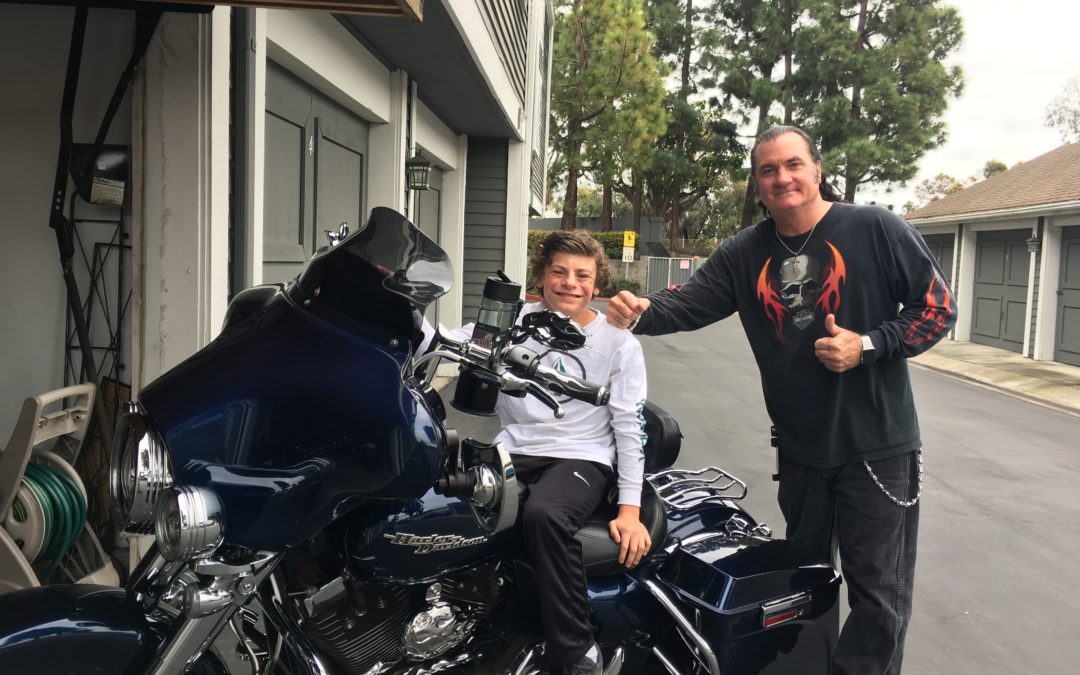AUTISM MUSIC THERAPY: Autism and Drumming / Autism and Music has been an ongoing study I have been conducting for about 20 years now! What I have found is by using Drum Therapy I call it. I deeply understand that autism is a very complex developmental disability. I try to use Drum lessons for Autistic kids to aid in helping their synaptic connection on more of a normal basis!
MY APPROACH: How I approach it is I start by getting their attention in a fun and interactive way. By letting them hit the drums and sense the feeling of the direct cause and affect of hitting the drums and the sound that accompanies it. Then I will teach them how to understand the universal language of music notation. From there by connecting them looking at the music notes I taught them from the notes I have written out for them from the drum book I wrote myself with playing the corresponding drums (Bass Drum, Snare Drum, Hi-hat Typically) over the course of time it helps to take their minds that are normally either on a “far right or on the “far left” eventually it brings the two sides together so much more than you could possibly believe possible! Although for it to really take it does require at least two times a week (for lessons) to promote the consistency and truly bring about the desired changes / affects. I have seen some of my obviously Autistic kids I have had that with time turn around to the point that they went on to be in normal school education classes (not special education classes) playing all types sports, activities like martial arts etc… There is hope!
IN NO WAY IS THIS A GUARANTEE!! I don’t want to mislead anyone it’s not been those same results every single time! But, I have gotten those same results enough to know it is almost like a miracle to see it work! Like I mentioned before it’s the connecting of both hemisphere’s of the brain the logical, and physical parts. Although I am of the mindset that their is three hemisphere’s the logical, physical and emotional. The logical tells the physical what to do. And, the emotional decides how to feel about it. My belief anyways!
MORE INFORMATION ON AUTISM: According to the Autism Society of America, autism is a complex developmental disability that typically appears during the first three years of life and affects a person’s ability to communicate and interact with others. Autism is defined by a certain set of behaviors and is a “spectrum disorder” that affects individuals differently and to varying degrees.
Music and autism research support the benefits of music as a processing strength and the positive effects music therapy has in the treatment of individuals with autism.
Individuals with autism show equal or superior abilities in the mental processing of musical pitch, being able to witness emotions in music, and musical preference more acutely than when compared to typically developing children of their ages. The most compelling evidence supporting the clinical benefits of music therapy is in the areas of social-emotional responsiveness and communication, including increased compliance, reduced anxiety, increased speech output, decreased vocal stereotypy, receptive labeling, and increased interaction with peers. Preliminary findings also support the potential for music to assist in the learning of daily routines.
Research from the journal “Frontiers in Integrative Neuroscience” proposes a rationale for how rhythmic input can improve sensorimotor functioning and overall growth in areas such as cognition, behavior, social skills, and communication. Because movement is critical to many areas of functioning, researchers LaGasse and Hardy hypothesize that the well documented benefits of rhythm in motor rehabilitation could also be effective for individuals with autism.
Thank you for visiting OC Drum School! 🙂


Really good therapy for autistic kids that otherwise might not have any other outlet. The kid on the cycle looks really happy!! Great to see your providing a positive experience for these kids. 🙂